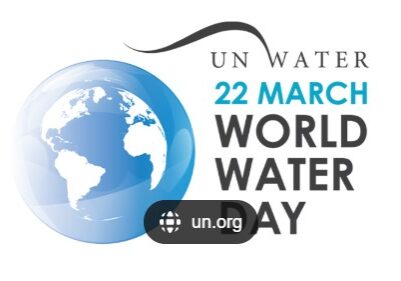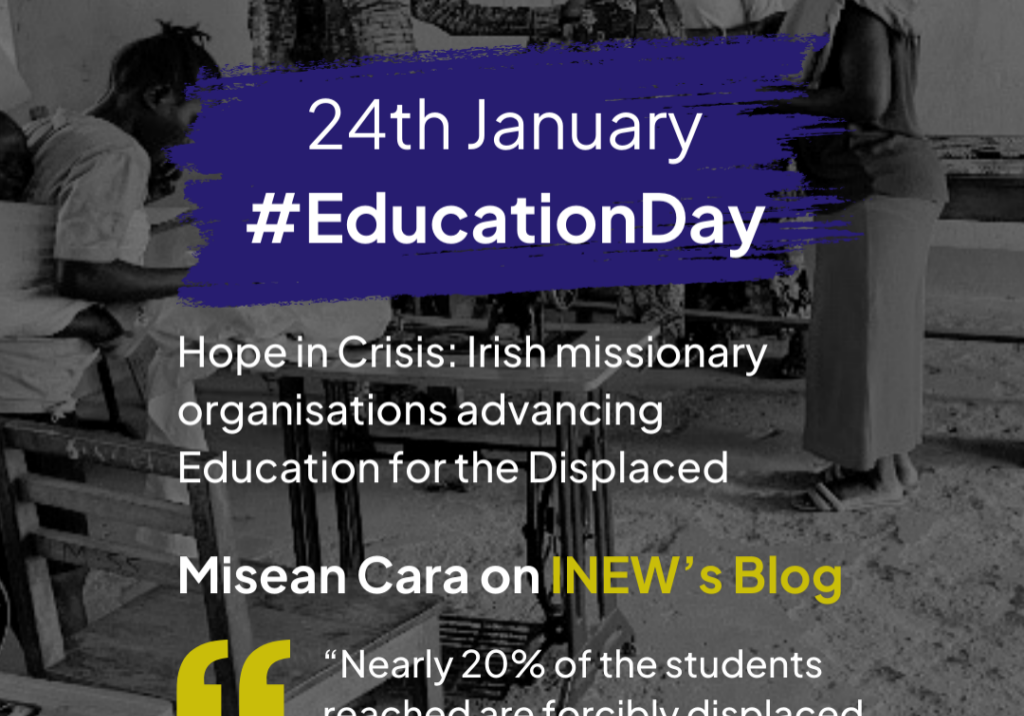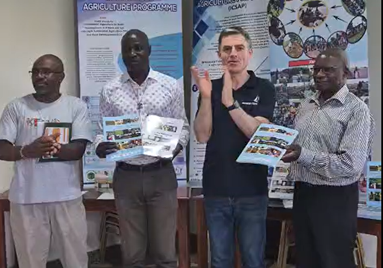Today, according to UNESCO figures, 244 million children and youth are out of school and 771 million adults around the world are illiterate. Without access to quality education people, especially those in vulnerable communities in the developing world, will continue to struggle to break the cycle of poverty that leaves millions of children, youth and adults behind each year. There can be no doubt about the critical role that inclusive, equitable and quality education plays in bolstering the lifelong outcomes for all people, and the communities and nations they live in.
To Invest in People, Prioritise Education
This year, UNESCO dedicates the 5th annual marking of International Day of Education (24th January 2023) with a call for continued political and community mobilisation around the prioritisation of education, and continued efforts to translate global commitments and globally voiced initiatives into real, sustainable action that will transform education and provide universal access to this basic human right.
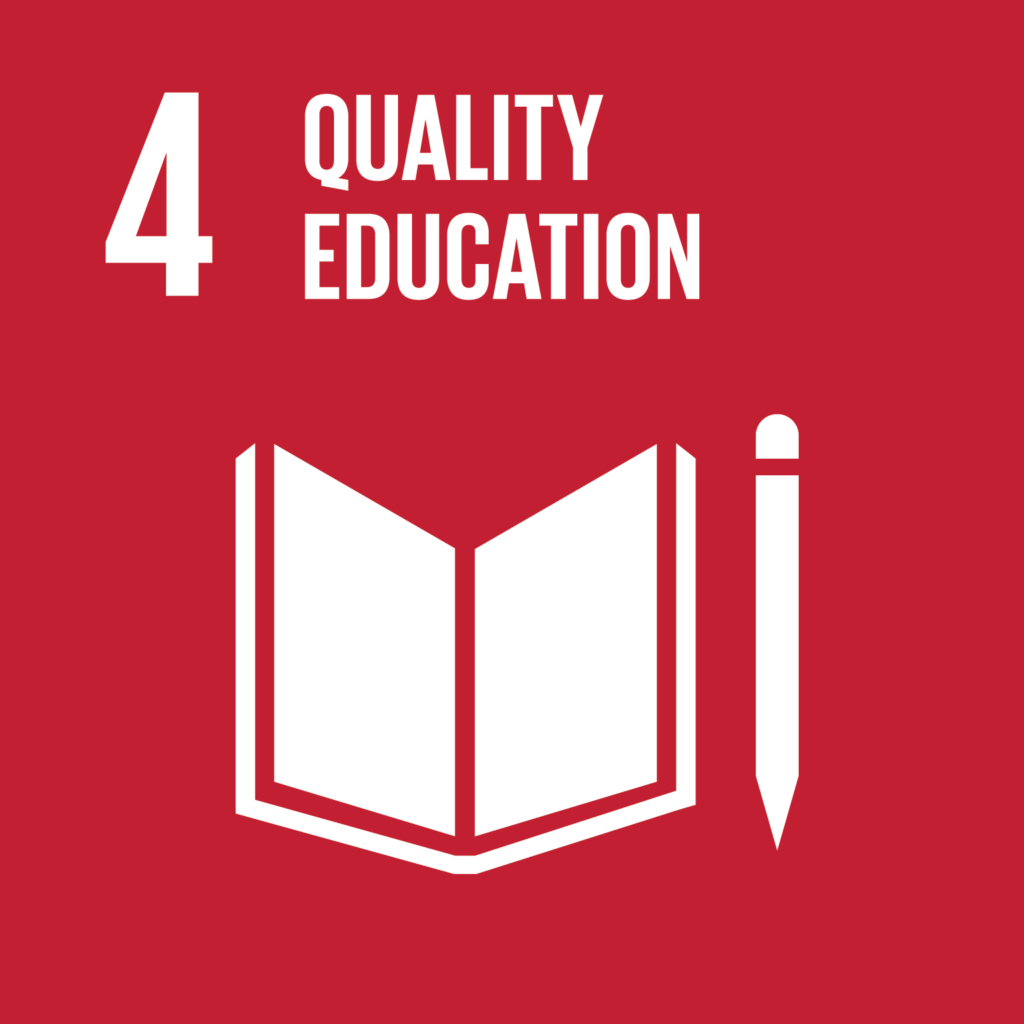
Missionary Education Projects Reaching the Furthest Behind First
Worldwide, Misean Cara’s missionary development members place a special emphasis on supporting quality education, recognising that education is a basic human right essential to overcoming a life of poverty and disadvantage, especially for girls and women.
In 2021 alone, Misean Cara provided funding of more than €5.1 million to 111 education projects run by 38 of our member organisations. These projects targeted almost 260,000 people in 35 countries through primary and secondary education; technical, vocational education and training; early childhood care and education; and non-formal education.
Through the education projects of our members, children are provided a quality, basic education that serves as a foundation for future success. At the same time, young people with few other resources are offered classes and training that opens doors to jobs with secure, sustainable incomes.
Read on to learn more about how the Saint Patrick’s Missionary Society in Malawi is helping girls and children with disabilities access and complete their education.
Helping Girls and Children with Disabilities Complete their Education –School Access and Governance Improvement (SAGI) project; Muzuzu Diocese, Malawi
By law, all children in Malawi have the right to attend school, but the reality is that girls and children with disabilities still face many barriers to accessing schools or being able to complete their full education. Poor families are likely to favour boys over girls if they can’t afford to send all their children to school and 30% of girls drop out of school each year because of period poverty, early marriage and pregnancy. Schools are often ill equipped to cater for children with disabilities and transport to and from school is a major obstacle to attendance.
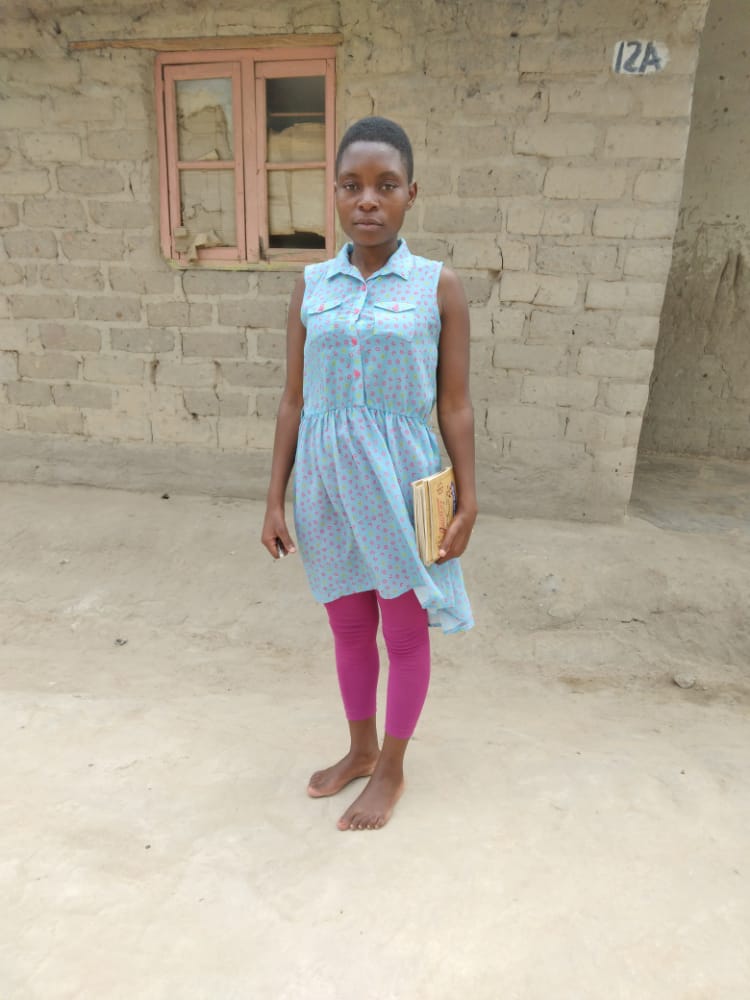
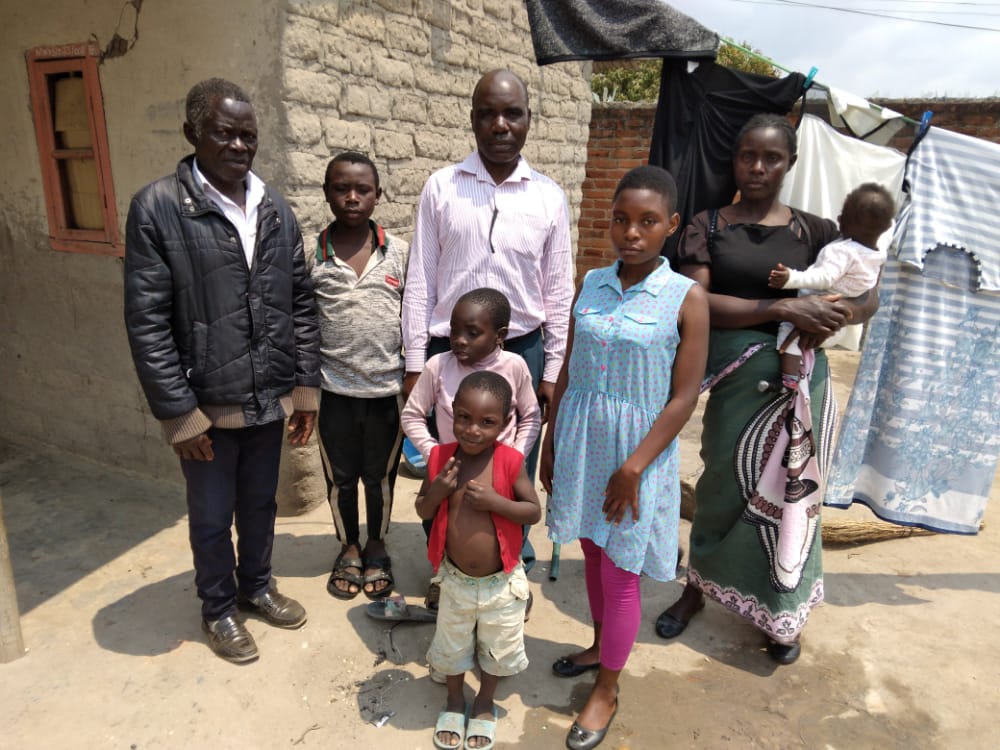
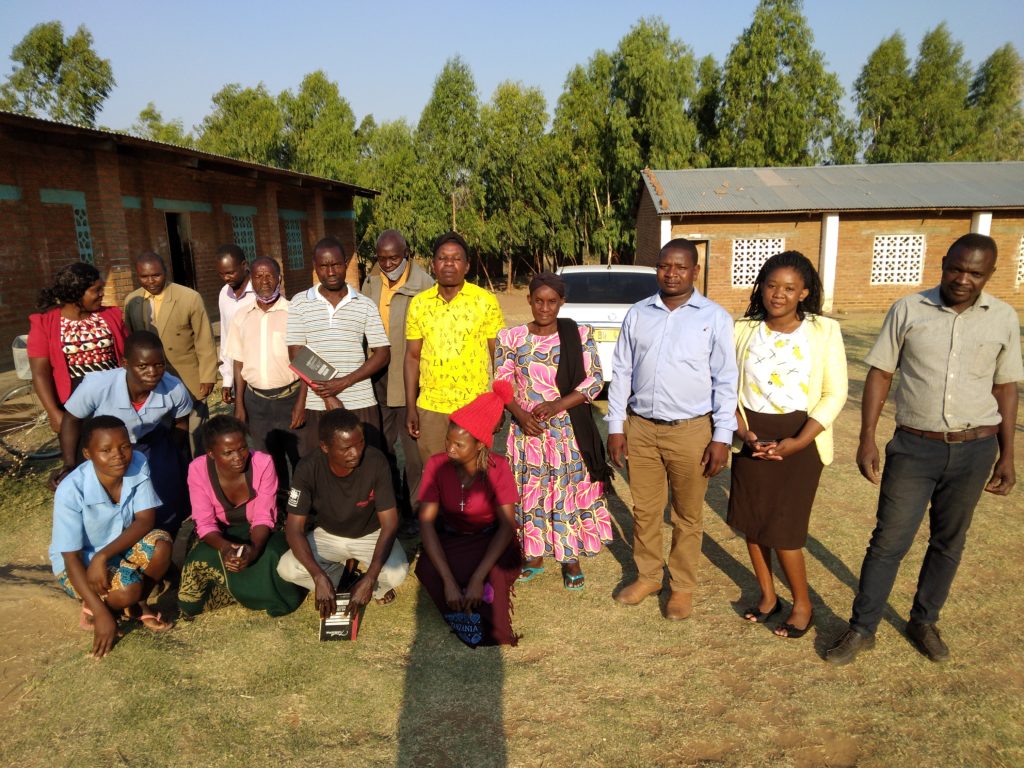
That’s why missionaries from the St. Patrick’s Missionary Society have partnered with the Diocese of Mzuzu Education Commission (DOMEC) on the School Access and Governance Improvement (SAGI) project in 43 schools in Mzuzu diocese. The project is taking practical steps to remove barriers to education for girls and disabled children and working through parent teacher associations and community groups to reach out to excluded children and their families to encourage them back to the classroom. Some of the practical steps they have taken include constructing changing and washrooms to make it easier for girls to remain in school during their period.
Since it began, the project has successfully helped 350 girl dropouts to return to school, girls like Loveness Gwonde. Loveness had a difficult childhood. Both her parents died when she was very young and Loveness was raised by an older sister and her husband. Due to poverty, Loveness entered a polygamous marriage at age 14 and soon after gave birth to a baby girl. Both Loveness and her daughter became ill following the birth which broke up the marriage and Loveness moved again to live with her uncle and aunt.
The SAGI project worked with the family to help Loveness return to school. It’s not been easy given the time she has missed and her responsibilities as a mother but Loveness has been given an opportunity that she did not expect. She is determined to improve her grades, secure an independent life for herself and give her daughter a better start in life. She even dreams of attending university.
Solidarity Teacher Training College in Yambio, South Sudan – Educating the Next Generation of Teachers in the World’s Youngest Nation
In South Sudan, the world’s newest country (founded in 2011 after gaining independence from Sudan) children and young people face a number of barriers to receiving a quality education, one of the main reasons being the lack of qualified teachers. As a result, South Sudan has one of the lowest literacy rates in the world (70% of adults over 15 years of age cannot read or write) and fewer than one in three primary children have access to regular schooling.
Since 2013, the Solidarity Teacher Training College (STTC) in Yambio, South Sudan, operated by Solidarity with South Sudan in partnership with religious congregations including Misean Cara members Faithful Companions of Jesus and De La Salle Brothers, has prepared almost 750 primary school teachers to be effective, highly motivated and enthusiastic educators through a two-year programme that culminates in a set of comprehensive exams and a nationally recognised Certificate in Primary Teaching. Graduates then have two month-long teacher training posts in one of the many primary schools around Yambio.
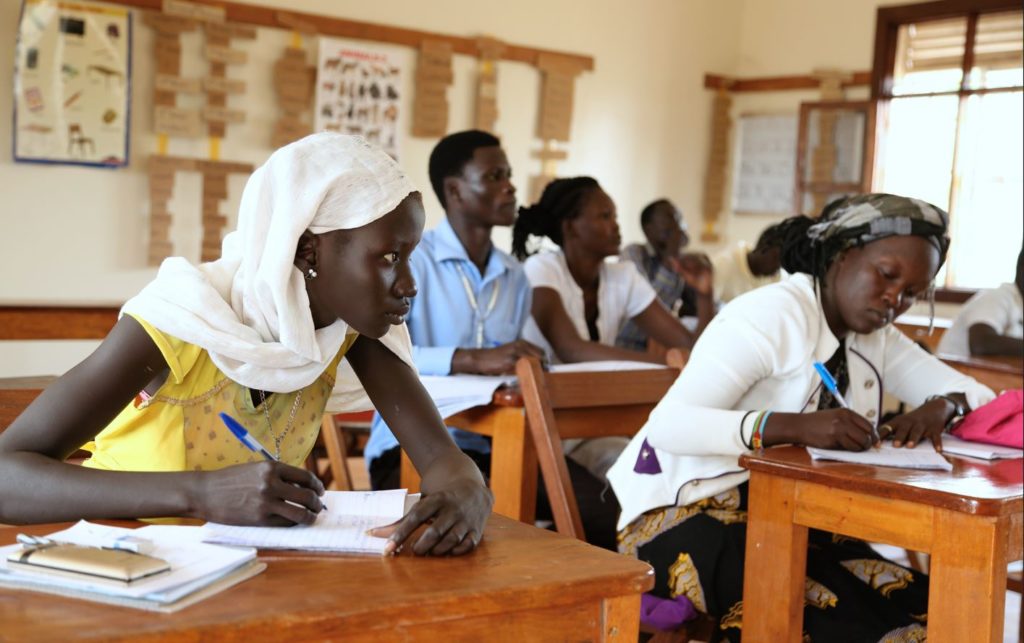
Each year, two graduates at the top of the class are selected for a full 4-year scholarship for further education at the Tangaza College in Nairobi Kenya. When they complete their education, they come back to teach for four years at the STTC, continuing the investment in the school and the community and building on the long-term self-sufficiency of the programme.
Click here to view a video from STTC where teachers, administrators and students share their experiences and discuss the critical role the college plays in preparing quality educators for the children of South Sudan.
“Our work here in Yambio is crucial, because there are currently so few trained teachers in South Sudan. Our teacher training programme is empowering and enabling people to take charge of the nation’s education themselves. At STTC we’re modelling, inspiring, giving ideas and structures and then letting people do it for themselves. It’s important for nation building.”
– Sr. Jacinta Prunty, STTC Coordinator of Academic Affairs
